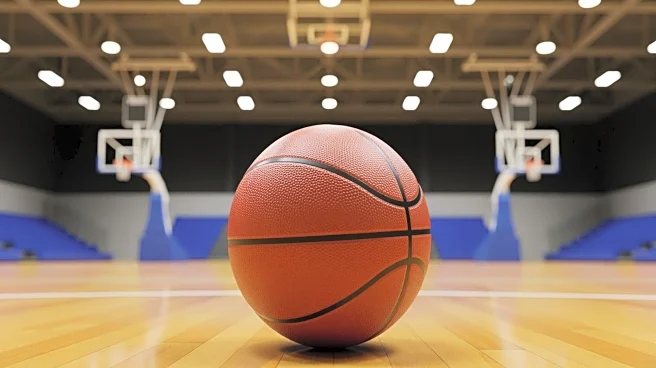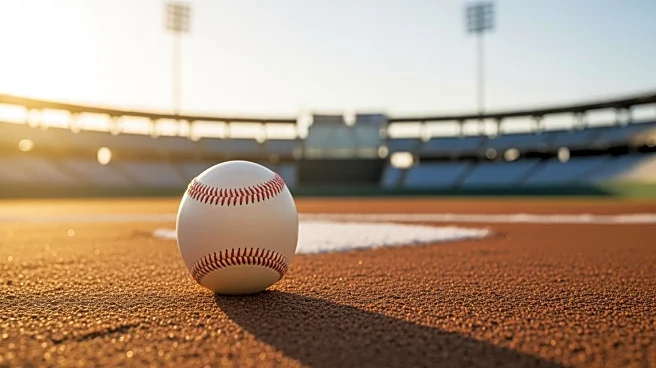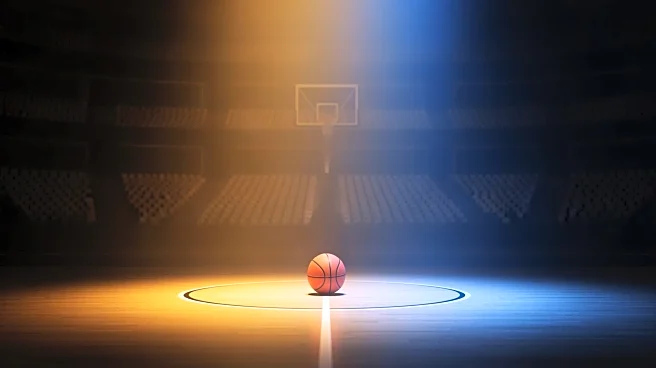What's Happening?
A North Carolina judge has dismissed a lawsuit filed by the 1983 NC State men's basketball team, which sought compensation for the use of their names, images, and likenesses (NIL) by the NCAA. The team, known as the 'Cardiac Pack,' gained fame for their dramatic victory in the 1983 national championship game against Houston, highlighted by Lorenzo Charles' buzzer-beating dunk. The lawsuit, filed by twelve players in June 2024, claimed that the NCAA had misappropriated their publicity rights for over 40 years, profiting from their legendary victory. The NCAA requested the dismissal, citing untimely claims and preemption by the federal Copyright Act. Superior Court Judge Mark A. Davis ruled in favor of the NCAA, stating the claims were not legally enforceable.
AD
Why It's Important?
The dismissal of this lawsuit underscores ongoing legal challenges related to NIL rights in college sports. The case highlights the complexities of retroactive claims for NIL compensation, especially for events that occurred decades ago. The ruling may influence future lawsuits from former athletes seeking compensation for past achievements. The NCAA's successful defense could deter similar claims, reinforcing the legal barriers to retroactive NIL compensation. This decision also reflects broader debates about athlete compensation and the evolving landscape of college sports, where NIL rights have become a significant issue following recent legislative changes.
What's Next?
While the lawsuit has been dismissed, the broader issue of NIL rights in college sports remains contentious. The NCAA may face continued pressure to address past grievances from athletes who feel exploited. Legal experts and advocates for athlete rights may push for legislative changes to allow retroactive NIL claims. Additionally, the NCAA's recent settlement promising $2.8 billion in back pay for athletes from 2016 onward could set a precedent for future compensation models. Stakeholders in college sports, including universities and athlete advocacy groups, will likely continue to navigate the implications of NIL rights and compensation.
Beyond the Headlines
The case raises ethical questions about the exploitation of student-athletes and the commercialization of college sports. It highlights the tension between historical achievements and modern compensation frameworks. The dismissal may prompt discussions about the fairness of current NIL policies and the need for reform to address past inequities. The cultural impact of the 'Cardiac Pack' and their iconic victory remains significant, illustrating the enduring legacy of college sports moments and their role in shaping public perceptions of athlete rights.










